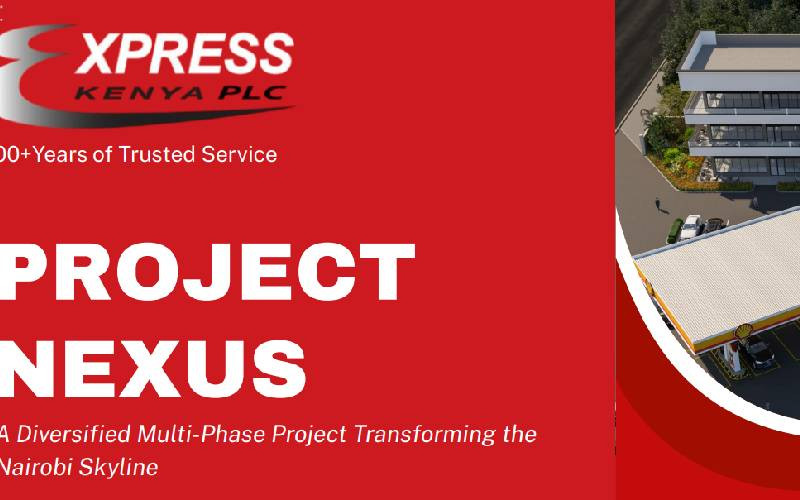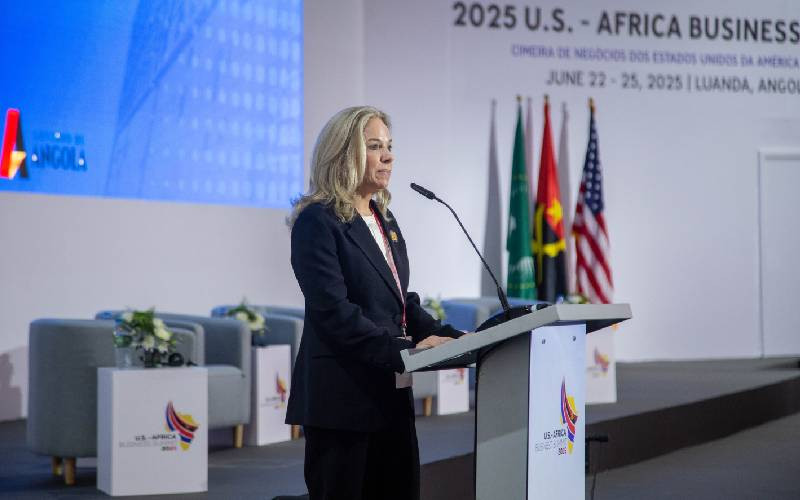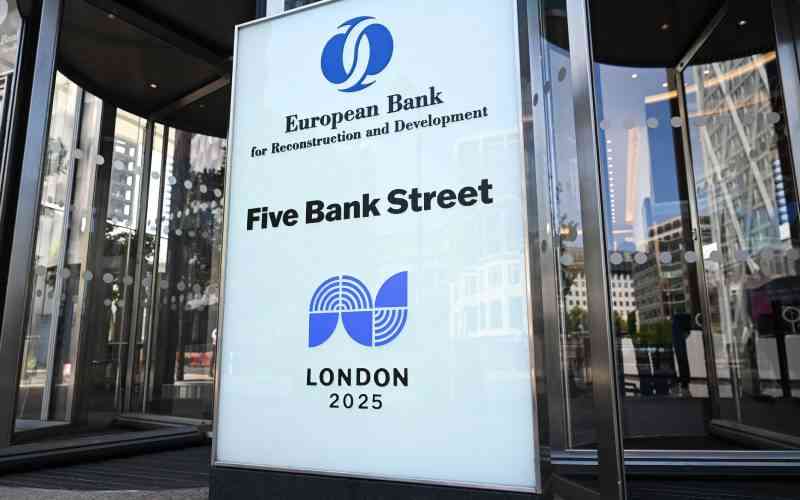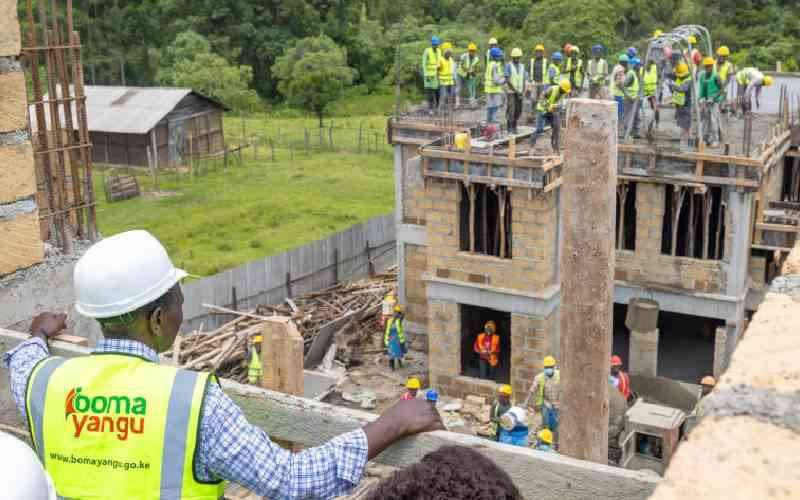
Kenya’s real estate sector is undergoing a major transformation as unlicensed brokers, long seen as the gatekeepers between landowners, tenants and buyers face rapid obsolescence.
The combination of technology, digitised land records, professional real estate agencies, and a new generation of tech-savvy property seekers has led to a sharp decline in the relevance of middlemen across the country.
As buyers increasingly demand transparency and control, they are turning to licensed agencies that offer complete packages—legal verification, title deed checks, site coordination, and price disclosures.
Nationally, the shift away from informal middlemen is not anecdotal; it is supported by data and regulatory shifts. A 2023 report by the Kenya Property Developers Association (KPDA) indicated that 21 per cent of real estate fraud cases involved unregulated or fake brokers.
These cases include fraudulent land sales, double sales where the same parcel is sold to multiple buyers, fake title deeds, and inflated pricing.

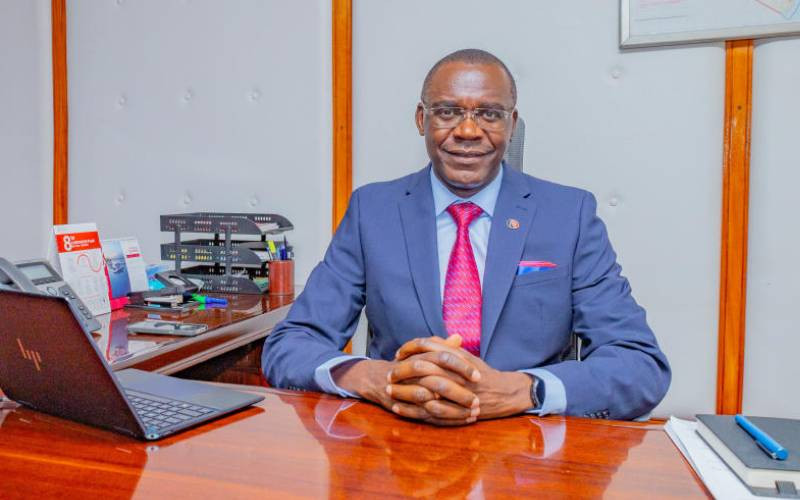
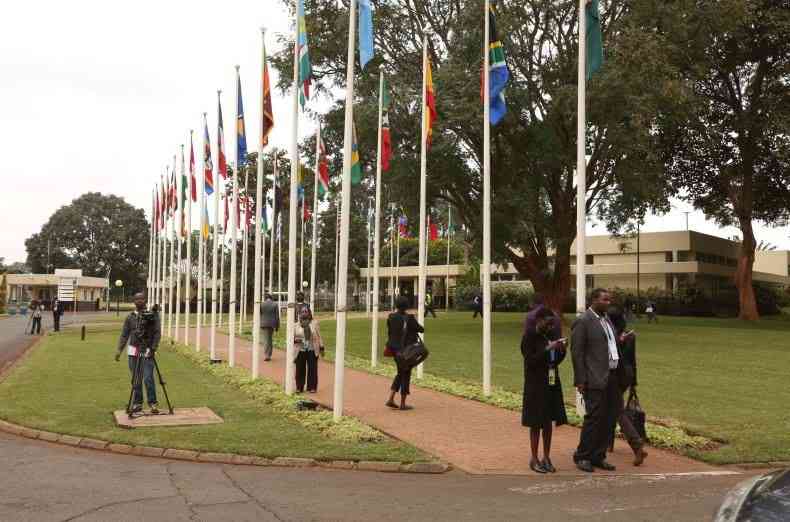

Many of these incidents were facilitated by brokers who claimed to have exclusive access to landowners or property managers. Buyers are now rejecting such high-risk models, opting instead for direct contact with developers, property owners, or professional firms. In Nyeri County, Famyard Enterprises Ltd, a real estate agency, is at the forefront of this change.
Others are BuyRentKenya, VillaCare, Hass Consult, among others.
“The modern buyer is informed, independent, and cautious. They want verified listings, legal assurance, and digital convenience—things traditional brokers rarely offer,” says director of Famyard Enterprises Ltd George Ndumia.
“Our clients, especially those in the diaspora and urban youth, want to avoid unnecessary risks and costs.”
The impact of technology cannot be overstated. Digital property platforms now host thousands of listings updated in real time, complete with high-resolution photos, drone footage, pricing filters, and seller contact information.
A buyer in Nairobi, Nyeri, or even abroad can now research, compare, and book property viewings without ever meeting a third-party broker. What was once a handshake-based industry driven by personal networks has now become a data-driven ecosystem.
Google Kenya’s 2024 data shows that searches for “plots for sale without agents” rose by 38 per cent year-on-year, while inquiries about “how to verify land online” jumped by 41 per cent.
This growing demand for transparency aligns with a demographic shift: over 60 per cent of property seekers on major platforms are aged between 24 and 40. This younger generation of investors and homeowners — comprising millennials and Gen Z—grew up online.
They are comfortable transacting on mobile platforms, using maps, reading reviews, and demanding real-time updates. These buyers see traditional brokers not as facilitators but as obstacles.
Stay informed. Subscribe to our newsletter
This behaviour is now being supported by government efforts to digitise land administration.
The Ministry of Lands’ ArdhiSasa platform, being rolled out across counties now allows Kenyans to conduct land searches, initiate transfers, and apply for leases and title documents online.
According to Lands Cabinet Secretary Alice Wahome, over 70 per cent of Nairobi’s land records had been digitised by late 2024, with similar progress in counties like Kiambu, Kajiado, and Nakuru.
Legal disputes
The digital platform is designed to remove the need for “brokers at the lands office,” a term many Kenyans have come to associate with bribes and manipulation of documents.
The new system also empowers registered agencies to handle land transfers and verification professionally. This is a far cry from the old model where a buyer might pay a deposit based on a broker’s word alone, only to discover later that the land was already sold or had legal disputes.
“We insist on due diligence and transparency from day one. We help clients verify titles, check zoning, and understand land use. No one should lose money over a rushed or shady deal,” Ndumia said.
Rental deals
Cost is another driving factor in the shift. Brokers in Kenya traditionally charge a five to 10 per cent commission on land and rental deals. In many instances, they also demand viewing fees, reservation fees, and “facilitation charges” for title processing or survey work, often without issuing receipts.
These hidden costs inflate the final price of the property significantly. For example, a plot of land valued at Sh1.8 million in Kamakis in Ruiru, Kiambu County, may be quoted at Sh2.1 million or more by brokers seeking to take advantage of uninformed buyers. Worse still, some brokers sell non-existent plots and vanish with the deposit.
In contrast, registered firms offer transparent pricing. All negotiations, paperwork, and payments are documented, and there is no room for arbitrary markups.
Clients know what they are paying for and who is responsible for each stage of the process. The direct-to-client model has also attracted diaspora clients, who previously relied on relatives or brokers to scout for land on their behalf, often leading to disputes, failed deals, or misused funds. With online support and digital documentation, diaspora investors can now buy, lease, or develop property in Kenya with greater confidence.
Social media is also playing a powerful role in displacing brokers.
Platforms like TikTok, Instagram, and Facebook are now being used by real estate companies and developers to showcase new projects through short videos and livestreams.
Young buyers, especially, are following influencers who tour properties and break down pricing and location details in an accessible format.
Some buyers have made deposits based on these videos after confirming the property’s legitimacy with the company, bypassing brokers altogether.
The professionalisation of the real estate industry has also changed consumer expectations. The Estate Agents Registration Board (EARB) and the Valuers Registration Board now require firms and individuals to be licensed, trained, and regularly audited.
The success of the broker-free model is most visible in organised real estate projects. However, not all brokers are disappearing. Some are adapting to the new landscape by aligning with licensed agencies, acquiring certifications, and embracing digital tools.


